From Diana Gamba: I am thrilled to announce that I will be starting as a new Assistant Professor in the Department of Biology at the University of New Mexico in January 2026. I will also be joining the Museum of Southwestern Biology as the Herbarium Curator! Research in my lab will aim to detect general mechanisms of plant evolution in space and time. Using a comparative framework, my lab will investigate the role of life history (i.e., traits associated with mating system, life cycle, physiology, mutualists, enemies) in predicting patterns and mechanisms of adaptation (geographic scale of local adaptation and its genetic architecture, traits and genes under changing selection). I am actively recruiting motivated and creative PhD and MS students to join my research group starting in Fall 2026.
My research vision:
Can life history predict mechanisms of adaptation across changing environments? My lab will investigate this broad empirical question by integrating plant functional traits, population genomics, and quantitative genetics. We will also strengthen collections-based research through evolutionary inquiry in space and time. Large diversity panels of range-wide genotypes have now been sequenced for many species, including invasive plants and weed crops. This has facilitated range-wide population genomics studies and genomic
predictions of adaptation to climate. These growing genomic datasets offer an unprecedented opportunity for performing comparative studies of plant adaptation in the context of life history variation and at a global scale. We will also generate range-wide genomic and functional-trait data for target species. My lab will use herbarium collections and their geographic information to build range-wide spatially and temporally extensive datasets on plant functional traits, genomes, and environments. The plant microbiome, an extended coevolved phenotype, can also be extracted from herbarium specimens. We will also quantify natural genetic variation in ecophysiological traits and fitness in controlled experiments for target species. Target species include southwestern USA invasive plants and understudied crop weeds. Understanding evolution of invasive plants and crop weeds in a comparative framework can help improve biodiversity conservation and food security, while increasing the value of collections-based research.
The opportunity:
This is a great time to join my lab. As a new group, you will have a unique opportunity to help shape our lab's research direction and culture. I am committed to providing hands-on research experience and one-on-one mentorship to ensure your scientific and professional success. You will gain a broad range of skills and have the opportunity to publish and present your work at multiple conferences. I want to shape a highly collaborative group where lab members can work together on group projects while also developing independent research based on their own passions. Graduate students will be fully funded through a combination of graduate assistantships and teaching assistantships that include tuition, a stipend, and health insurance. Applicants need a bachelor's degree in biology, ecology, evolution, or a related field. Previous experience with quantitative techniques and/or scientific computing languages (e.g., R, Python, or bash) is a plus.
How to apply:
If you are interested in joining my lab, please visit my personal website and google scholar to learn more about the breadth of my research (lab website coming soon!). Please send me your CV, transcripts (unofficial are fine), a statement of research interests, and contact information for 2–3 professional references. Email materials to: dgamba@unm.edu.
Please visit https://biology.unm.edu/graduate/index.html for specific requirements of the Department of Biology at the University of New Mexico. The Priority Deadline is December 1st 2025 for applications to the department, but please email me the material above sooner so that I can support your application in our departmental selection of incoming students.
